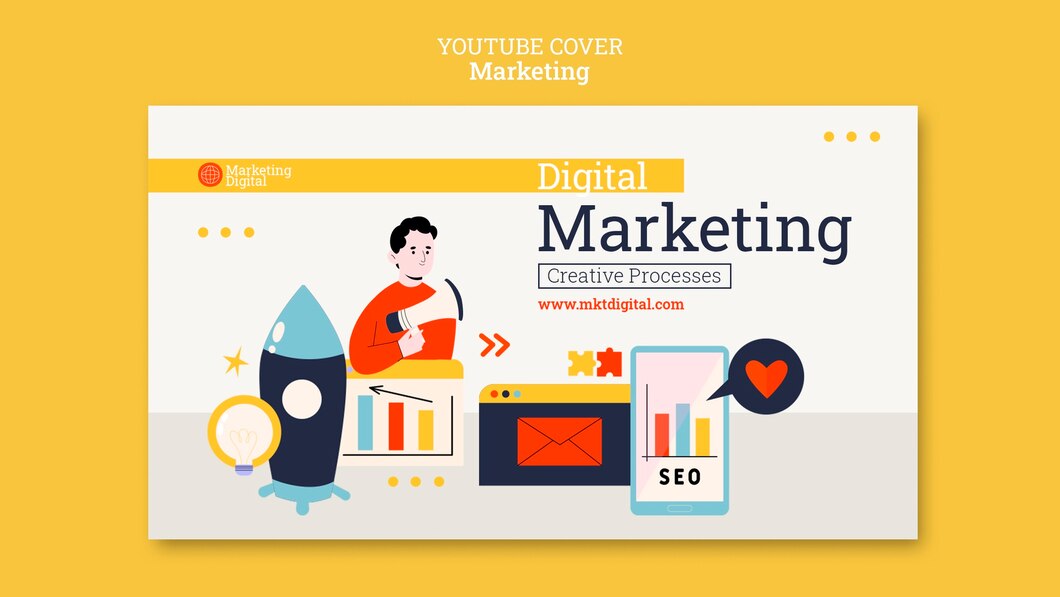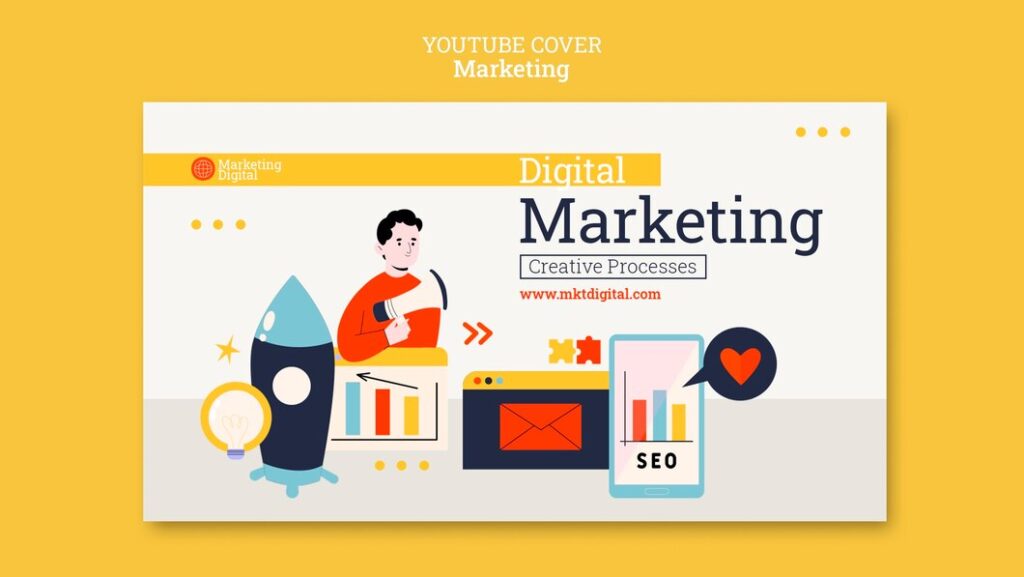Is Digital Marketing Legit?

The Foundations of Digital Marketing Legitimacy
- At its core, digital marketing is about leveraging digital channels to connect with customers where they spend most of their time – online. But what makes digital marketing ‘legit’ in the eyes of professionals, and more importantly, how can they harness its power effectively?
Read More: Digital Marketing Scams
Understanding the Digital Landscape
- Unlike traditional marketing mediums, the digital space is dynamic, offering unparalleled reach and an increasingly crowded marketplace. Professionals must keep up with the latest digital trends, understand the evolving social and search algorithms, and continually adapt their strategies.
Value-Driven Strategies
- Digital marketing legitimizes itself on the ability to provide genuine value to customers. Professionals must craft strategies that go beyond mere visibility, focusing on building trust, offering solutions, and delivering engaging experiences.
Navigating Digital Ethics and Integrity
- In the rush to capture online audiences, some marketers resort to underhanded tactics that erode the industry’s credibility. True legitimacy in digital marketing comes from integrity, always putting the customer’s interests first.
Transparency in Advertising
- Professionals must be transparent about their intent and relationships with brands, from display advertising to sponsored content. This transparency fosters trust and ensures that customers are fully informed.
Data Privacy and Security for Is Digital Marketing Legit?
- The collection and use of consumer data have come under scrutiny. Marketers must respect and protect customers’ information, adhering to data privacy laws and employing robust security measures to safeguard sensitive data.
Measuring Success in the Digital World
- Legitimacy in digital marketing is closely tied to the ability to measure and demonstrate success. Here, we explore the critical metrics and tools professionals should use to track their digital marketing efforts.
Key Performance Indicators (KPIs)
- Identifying the right KPIs is crucial for understanding the impact of digital campaigns. Whether it’s website traffic, conversion rates, or engagement metrics, KPIs provide actionable insights into what’s working and what isn’t.
Analytics and Reporting
- The digital world offers many tools for tracking performance, from Google Analytics to social media dashboards. Professionals should be adept at using these platforms to measure ROI and make informed decisions.
Leveraging Content and SEO for Legitimate Growth
- Content and SEO are the cornerstones of any successful digital marketing strategy. Professionals can achieve sustained growth and legitimacy by creating high-quality content that resonates with audiences and search engines.
The Power of Content Marketing
- Content marketing involves creating and distributing valuable, relevant content to attract and retain a clearly defined audience. Professionals should focus on quality over quantity, using content to educate, entertain, and engage customers.
Maximizing SEO Effectiveness
- SEO is critical for ensuring that your content is discoverable online. By optimizing for search intent, using relevant keywords, and earning backlinks, professionals can improve their website’s visibility and drive organic traffic.
The Art of Engagement in Social Media Marketing
- Social media has transformed from a mere platform for communication to a powerful marketing tool that requires a nuanced approach to engagement. We explore the best practices for harnessing the true potential of social media marketing.
Building a Genuine Online Community
- Successful social media marketers focus on community building. Professionals can create loyal online communities around their brands by fostering genuine interactions, responding to comments and messages, and providing relevant content.
Adapting to Social Media Trends
- Social media platforms are constantly introducing new features and trends. Professionals should stay abreast of these changes, experimenting with new formats and strategies to maintain a dynamic presence on social media.
Harnessing the Power of Email Marketing
- Despite the rise of new digital channels, email marketing remains a potent tool for direct customer communication – if used correctly. We offer insights into crafting effective email campaigns that cut through the noise.
Personalization and Automation
- The key to successful email marketing lies in personalization and automation. Professionals can greatly improve engagement and conversion rates by segmenting email lists based on customer behavior and preferences and using automation to send targeted messages.
Compliance and Best Practices
- Email marketing campaigns must adhere to anti-spam regulations and best practices. Transparency, clear opt-out options, and respectful frequency are essential for maintaining the legitimacy and effectiveness of email marketing efforts.
The Role of Digital Advertising and Paid Media
- In a competitive digital space, paid media can be a shortcut to reach a wider audience. We discuss the nuances of digital advertising and how professionals can use paid media effectively and ethically.
Targeting and Retargeting Strategies
- Precision targeting and retargeting strategies can significantly enhance the ROI of digital advertising. Professionals should understand their audience and use data-driven insights to create more effective ad campaigns.
Ad Creatives and A/B Testing
- The success of digital ads often hinges on their creatives. A/B testing different ad elements can provide valuable learnings and help marketers refine their approach to maximize performance.
Enhancing Digital Marketing with Emerging Technologies
- The digital marketing arena is constantly evolving, driven by groundbreaking technologies. We explore the role of AI, AR, VR, and other emerging tech in shaping the future of digital marketing strategies.
Artificial Intelligence and Machine Learning
- AI and machine learning are revolutionizing digital marketing by offering predictive analytics, chatbots for customer service, and personalized product recommendations. Professionals should learn to harness these tools for more sophisticated marketing campaigns.
Immersive Technologies and Experiential Marketing
- AR and VR provide exciting new avenues for creating immersive brand experiences. Marketers can use these technologies to engage audiences in novel ways, creating memorable interactions that build brand loyalty.
Read More: Digital Marketing For Car Dealerships
The Future of Digital Marketing Legitimacy
The future of digital marketing is bright but challenging. We look at the emerging trends and potential disruptions that professionals need to prepare for to ensure the continued legitimacy of their digital marketing efforts.

Sustainability and Corporate Social Responsibility (CSR)
- Consumers are increasingly looking to engage with brands committed to sustainability and CSR. Digital marketers can showcase these values and align their strategies with broader societal goals.
Continuous Learning and Adaptation
- To remain legitimate, professionals in the digital marketing space must foster a culture of continuous learning and adaptation. Staying ahead in such a dynamic environment requires a willingness to experiment, learn from failures, and evolve.
In conclusion, the legitimacy of digital marketing is unquestionable, but it is also constantly under scrutiny. By operating with transparency, ethical practices, and a commitment to value-driven engagement, professionals can establish their credentials in the digital space and utilize their full potential.


